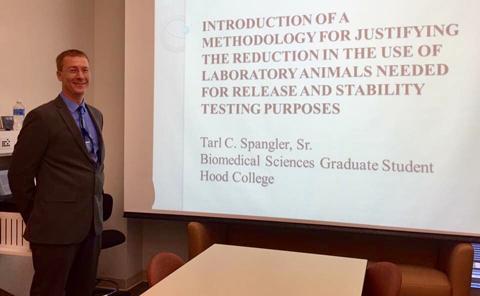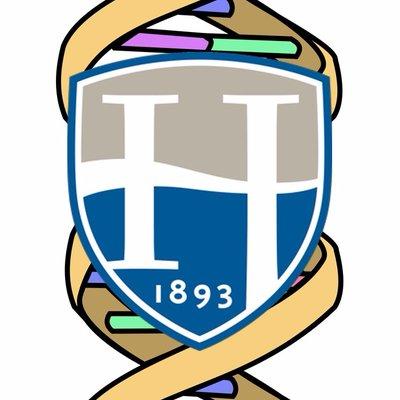The American Association for the Advancement of Science (AAAS), founded in 1848, is the world’s largest multidisciplinary science society fulfilling its mission to advance science, engineering, and innovation throughout the world for the benefit of all people through a broad array of initiatives focused on communication, public engagement, education, scientific responsibility, public policy, and science diplomacy.
The AAAS Annual Meeting offers a unique, exciting, interdisciplinary blend of more than 120 scientific sessions, plenary and topical lectures, flash talk sessions, e-poster presentations, and international exhibit hall. Each year, the community of leading scientists, educators, policymakers, and journalists gathers to discuss cutting-edge developments in science, technology, and policy.



